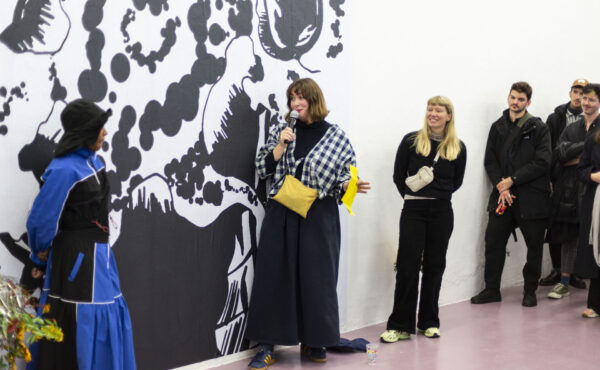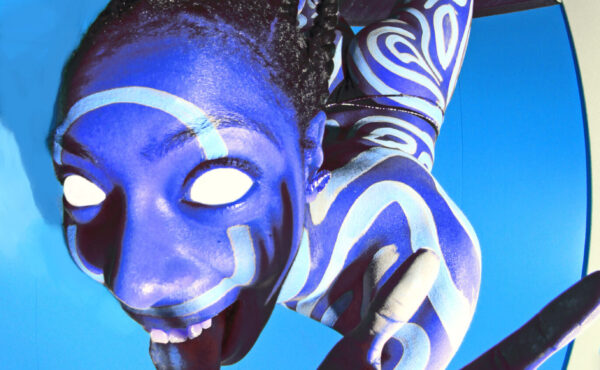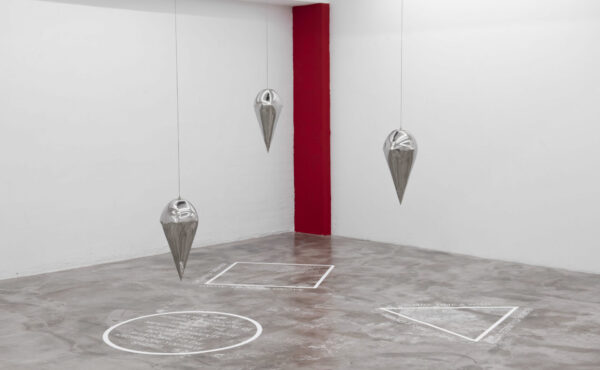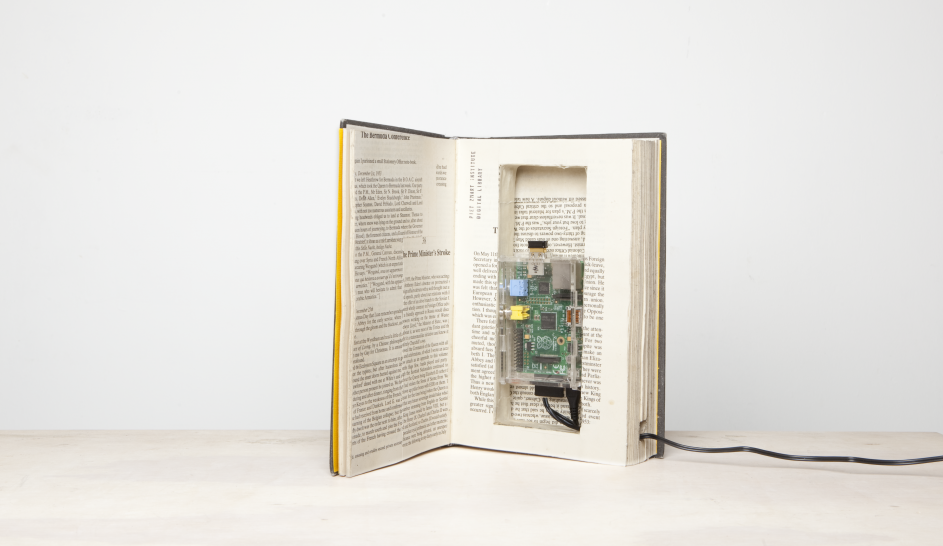
Off the Press – A Report from the Field of E-Publishing
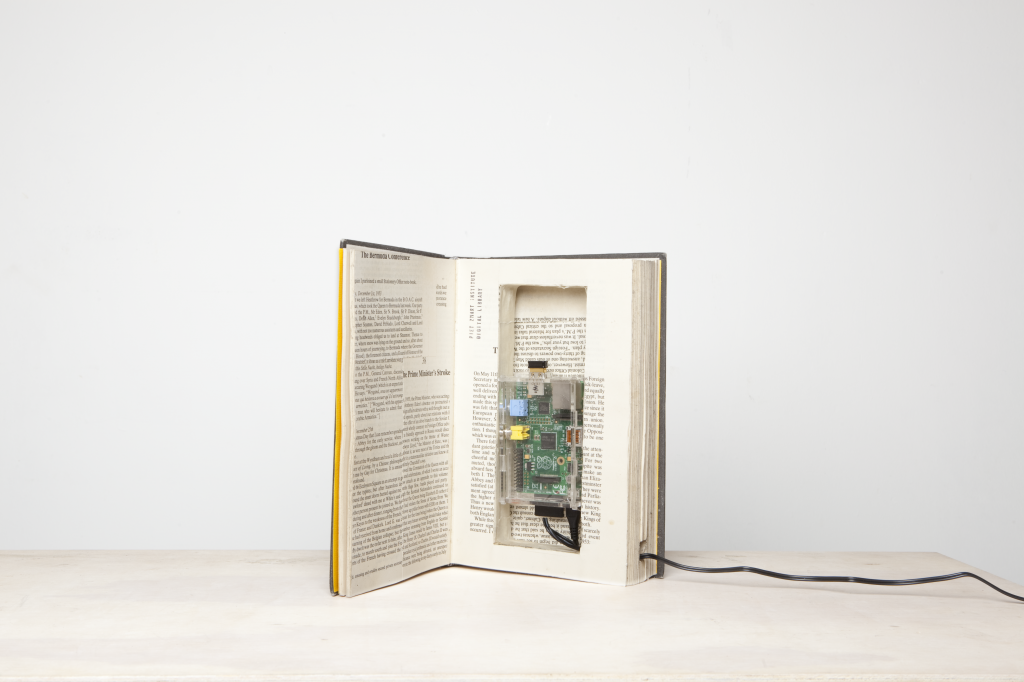
In the context of a crisis of the Dutch book industry, exemplified by the recent bankruptcy of Polare bookstore chain, digital publishing is generally seen either as a thrilling opportunity or as a dark menace by the people in the field. Off the Press: Electronic Publishing in the Arts explored such a complex and shaky territory by means of talks, workshops, and a bazaar that hosted novel examples of digital publications and emerging modes of content production and distribution. The locations of the event, that took place between the 22nd and 23rd of May, were the Museum Boijmans Van Beuningen and Worm multimedia centre in Rotterdam.
Off the Press resulted from the collective efforts of two applied universities and art school research departments, four Dutch art and design publishers, and several graphic and media design bureaus. Last year, they formed the Digital Publishing Toolkit, a consortium focused on digital publishing for culture and arts, coordinated by the Institute of Network Cultures. Each of the DPT subgroups, four in total, is currently involved in the production of experimental publications as their own answers to this mutating landscape.
As creating 010 program director Florian Cramer explained, the general expectation of publishers towards digital technology is to have highly visual and interactive books, easy to produce and to maintain at very little cost. For small publishers, the reality is different: often low-budget productions do not include enough fundings for one-off digital outcomes with unique structures. Furthermore, due to the fast and relentless update process of devices, softwares and platforms, these publications need maintenance. Finally, there is some risk involved in the marketing phase as well, as there’s no definitive formula to obtain prominence in the online stores.
The situation is different with flat text ebooks in EPUB format, the open standard for digital publications. Several tools to obtain such ebooks are available, but when a deeper control is needed, the learning curve quickly gets steep and the investment of time and money rises accordingly.

Arjen de Jong, designer at Essense and member of the DPT consortium, summarised some of the available formats, devices and features in the above diagram. The case studies tackled by the consortium pretty much cover the entire range of represented typologies: from textual theory readers to enhanced books like BIS Publishers’ Sketching Skills, including videos and non-linear navigation paths.
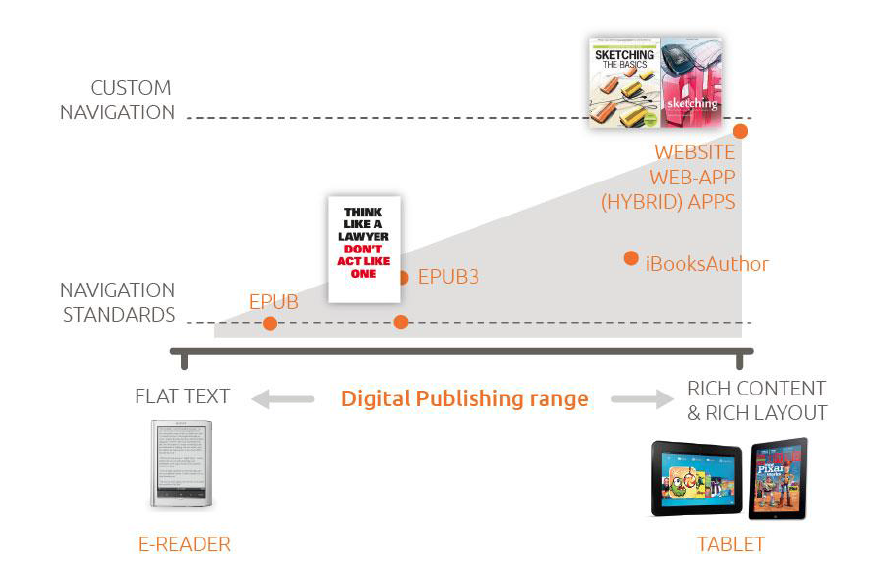
During the event, several EPUB generators with different features were compared. One of those was The People’s E-Book: an online platform, easy to use, derived from a successful Kickstarter campaign. While it was initially targeted at artists, it is currently being used for general purposes, demonstrating how artists are able to anticipate broader needs.
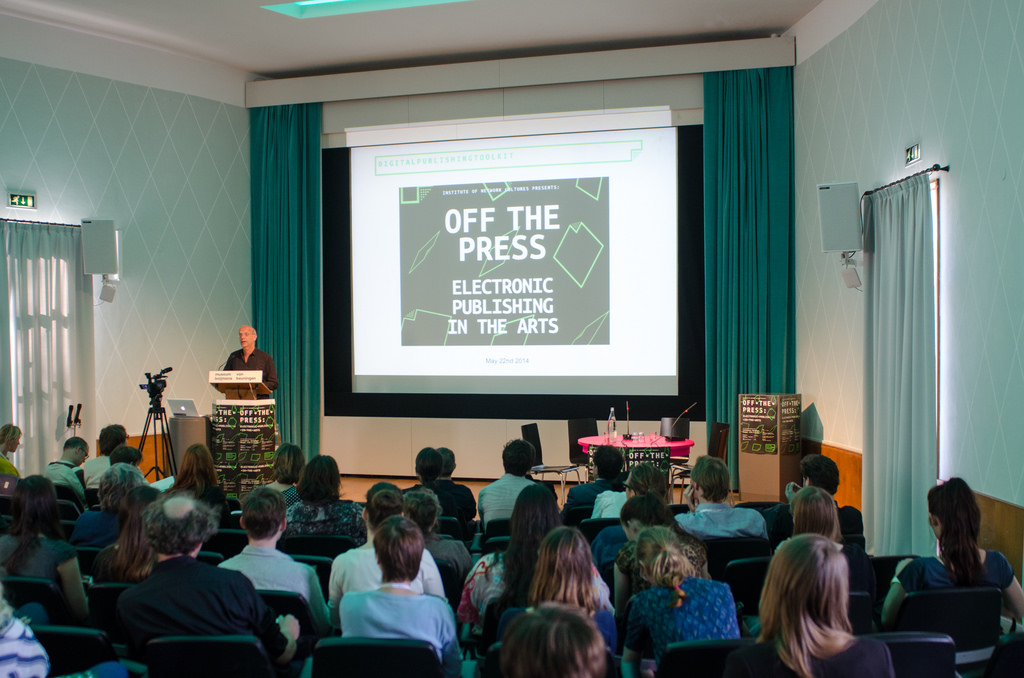
Geert Lovink, founder of the Institute of Network Cultures, highlighted the necessity to empower publishers to let them play an active role: one way is to acquire consciousness of the publishing workflow in order to understand where to intervene. In this sense, digital and networked media can act as a lens to retrospectively solve the conundrums of the traditional editorial process. Similarly acknowledging the influence of digital networks on print media, Alessandro Ludovico, author of Post-Digital Print, asked whether “ the internet is an actual medium, or an agent that changes previous media”.
The only certainty is that there is no such thing as an ideal model, but different attitudes that are informed by particular types of content. Medium-specificity, a notion brought forward by programmer John Haltiwanger, is what characterises an artisanal approach from the very beginning of the editorial process, in which markup languages such as Markdown, HTML or XML can play a crucial role.

When these attitudes are put into practice, new opportunities emerge. For instance, it becomes clear that standardised publication formats are not the only possible ones. Elizabeth Castro, author of EPUB Straight to the Point, discussed #CatalanTalk: a series of interviews made on Twitter, translated in real-time, then collected on a website, and finally archived and distributed as ebooks.
None of the participants rejected the physical book, even though they all agree that it is not the necessary final outcome of the whole editorial process anymore. Adam Hyde, who developed the Book Sprint methodology, proposed to see the paper book as a frozen wave, a moment of stability in the multidirectional flow of information.
Although it loses centrality, the book still maintains a powerful symbolic value. According to hacktivist Marcell Mars, it is still the most important signifier of culture. Extending this idea, the public library becomes the institution that best represents access to knowledge. Networked media reconfigure libraries, so that they are not bound anymore to a physical place. But paradoxically, their role is taken over by private companies that provide access to books, which, in turn, become services. In this context, the act of sharing books independently is political.

During a dedicated session, several projects dealing with book sharing were presented. One of those was Open Media Library: a software, not released yet, that allows to share large collections of books and their metadata through a peer-to-peer model. Open Media Library encourages the formation of federated libraries and the dialogue among them.
Off The Press had its own ebooks’ stack, thanks to Bibliotecha. This offline digital library, metonymically hidden inside a physical tome and reachable via wifi connection, allowed visitors to upload and download books, building, in this way, a collaborative collection specific to the themes of the event.
During the workshops, writers and designers dissected EPUB files with Megan Hoogenboom. John Haltiwanger and Eric Schrijver used Pandoc, an open-source conversion program, to go through the life of a document from one format to another. Superglue, a tool to intuitively create websites and run energy saving micro-web-servers was tested, explored and evaluated.
After two intensive days, the next appointment will be in November, when all the reflections and experiments that emerged during Off The Press will be condensed in the Digital Publishing Toolkit publication: “a straightforward ‘how-to’ guide for electronic publishing in the arts, along with a collection of open-source software tools for editing and designing electronic books”.
Silvio Lorusso is an Italian artist and designer
Off the Press: Electronic Publishing in the Arts
International Conference, Bazaar, Workshops, Art & Performances
Location: Museum Boijmans van Beuningen and WORM
22 & 23 May 2014
Silvio Lorusso
